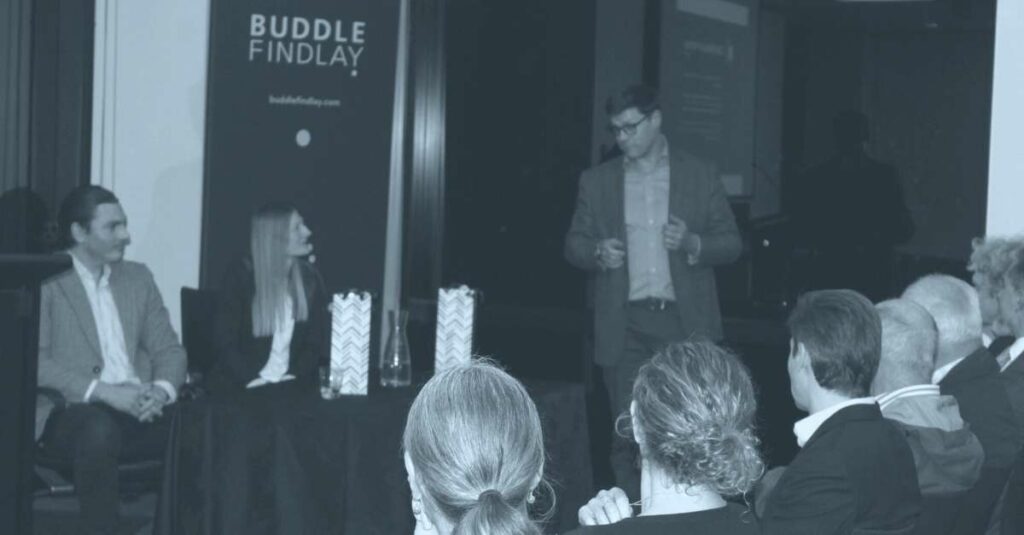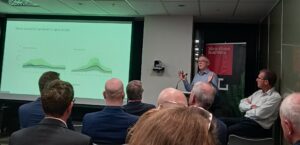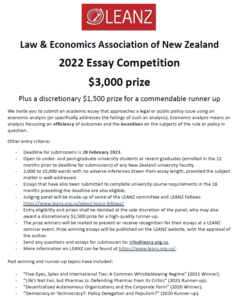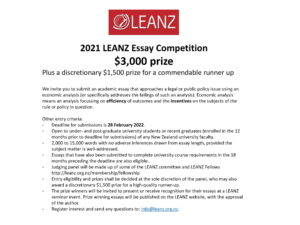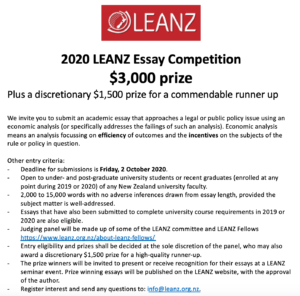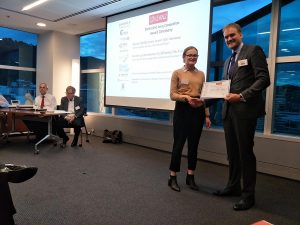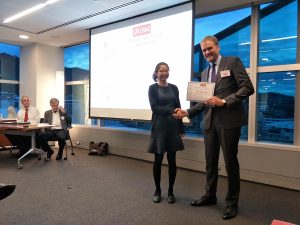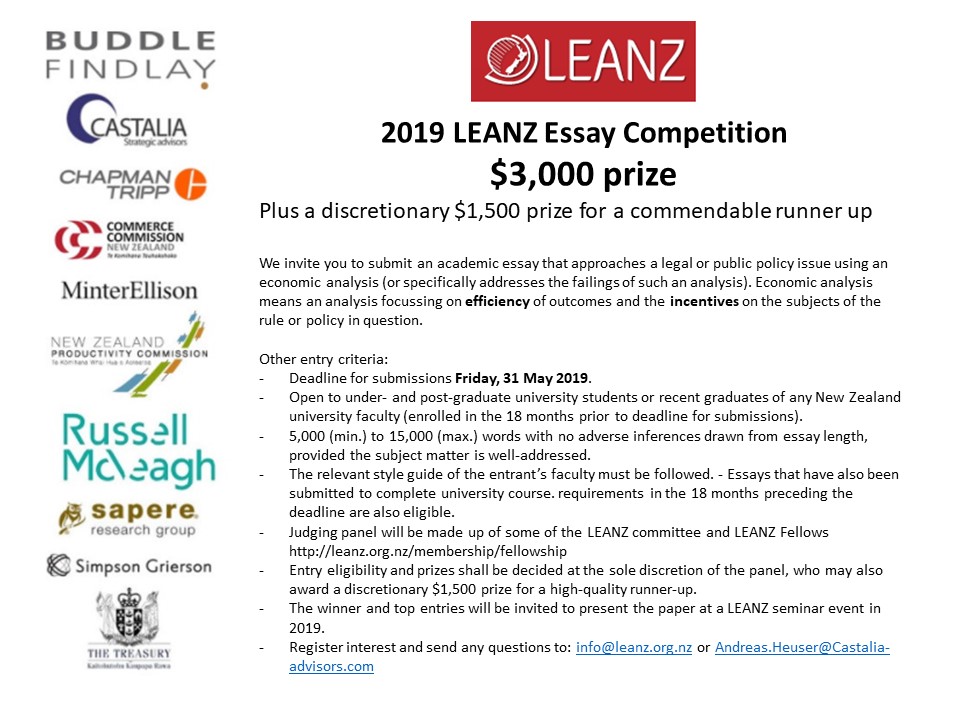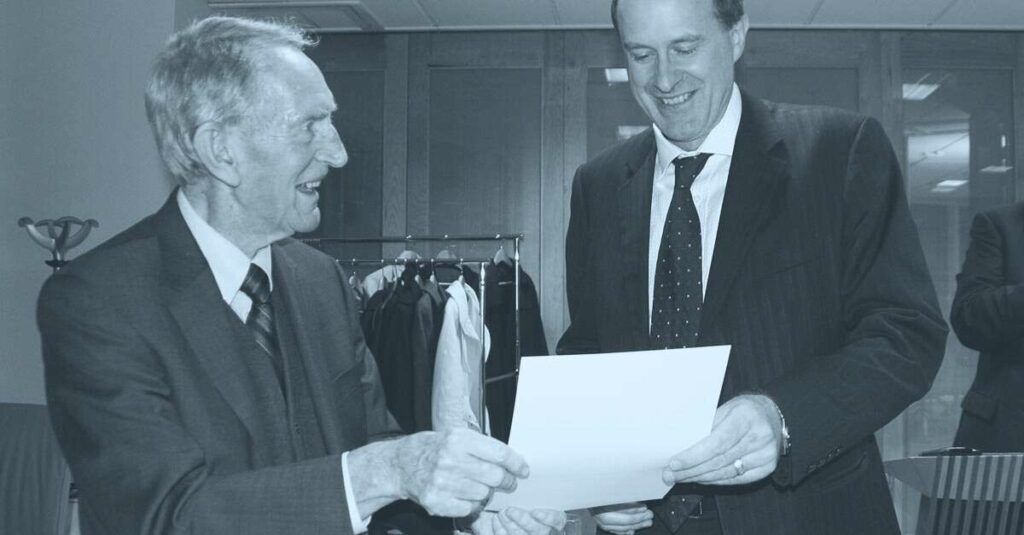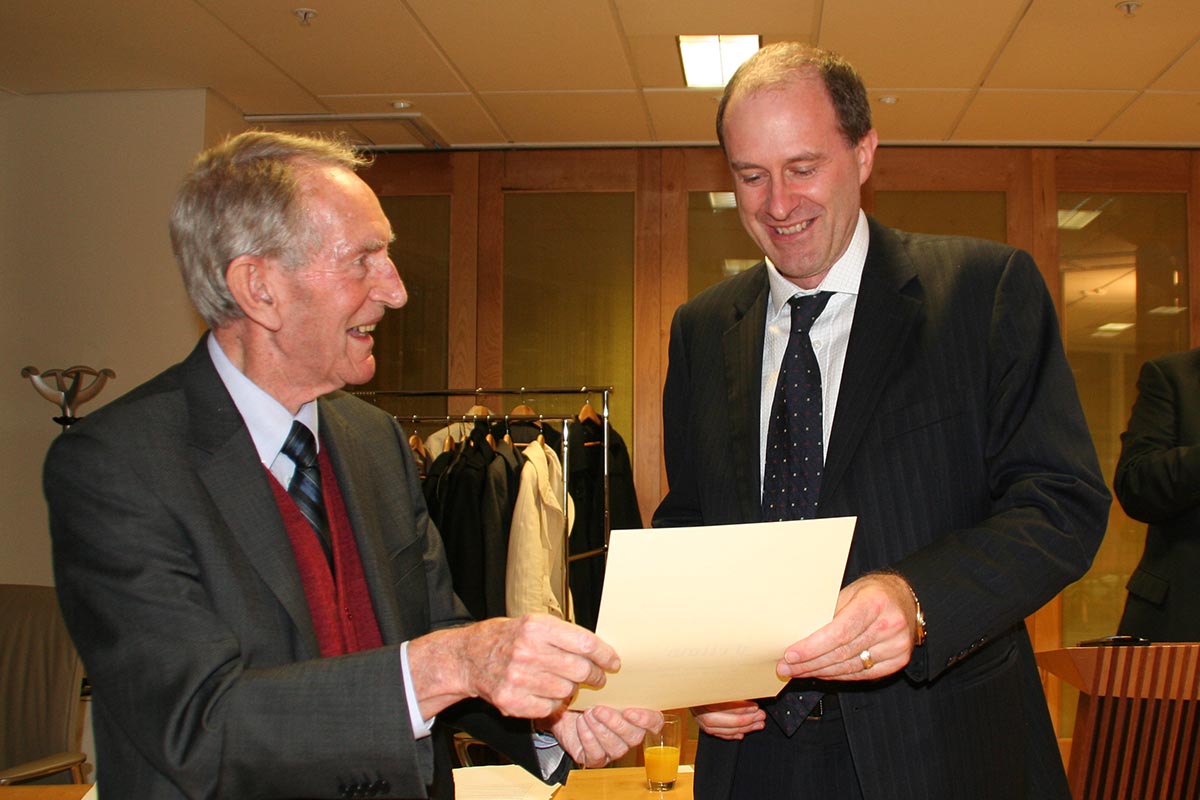This seminar emphasizes the importance of data-driven approaches to measure positive social change and guide investment decisions in the social sector. Sir Bill English reflects on a decade of using measurement tools to improve policy and operations both within and outside government. He discusses tools that can bridge the gap between well-being policy and better outcomes for service recipients, especially in a tight fiscal environment.
It presents ImpactLab’s tools and methodologies for calculating SROI and measuring impact across various social programs and interventions. Sophie Kunze presents on measuring Social Return on Investment (SROI) as a guide for social investment decisions and operational improvements in the charity sector. She introduces the concept of social value and explains how SROI is calculated using three key drivers: scale, social value, and cost.
She showcases ImpactLab’s work, including:
- The Mason Curve, which illustrates that 15% of people use half of government services
- An example of SROI calculation for a program called “Guardians of our Children.”
- Insights from the Charitable Sector Insights Report, providing a snapshot of New Zealand’s charitable sector. Find the report here: Charitable Sector Insights Report
Luke English provides an overview of ImpactLab’s housing work, which involves a Housing Impact Framework that considers housing interventions, population characteristics, investment tools, and related services.
Download the seminar slides here: ImpactLab x LEANZ Seminar Slides June 2024
Visit ImpactLab’s website here: impactlab.co.nz

